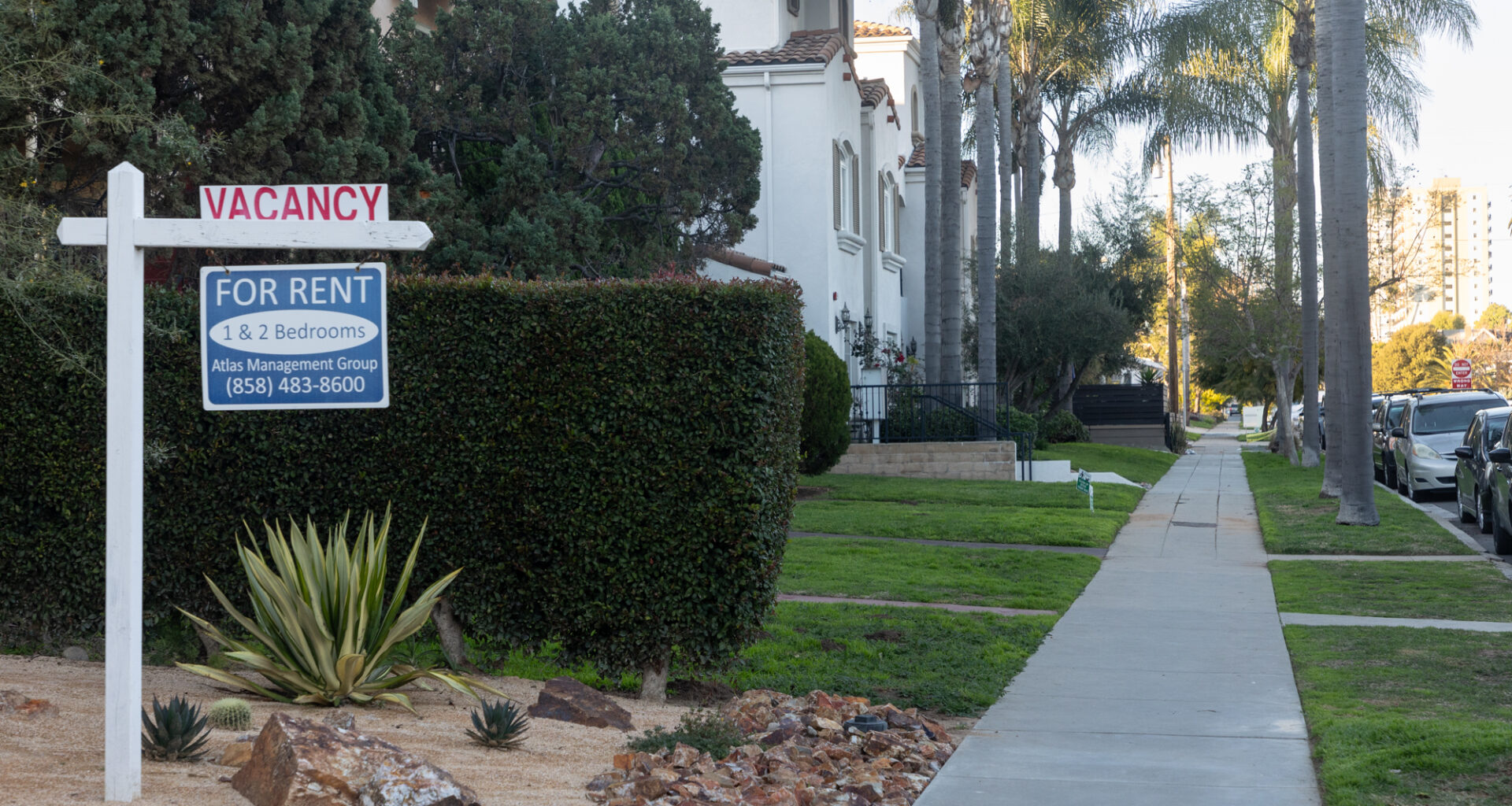Why this matters
How to fix San Diego’s housing shortage is a problem that has dogged city leaders for years.
Next year, San Diego voters may get to decide whether vacation home operators should have to pay more in taxes.
A San Diego City Council committee will meet Wednesday morning to discuss a proposed “Vacation Home Operation Tax” and whether to place it on the June 2026 ballot. The proposed tax would apply to vacant second homes and full-time vacation rentals, and officials anticipate it could generate up to $135 million in new revenue for the city’s coffers.
Councilmember Sean Elo-Rivera, who is bringing the proposal forward, said in a press release the new tax is intended to ensure fairness in San Diego’s housing market and raise money for investments in housing, homelessness prevention, infrastructure and more.
This comes at a time when San Diego, like many other cities across the state, is grappling with a housing and affordability crisis that experts say is driven largely by underproduction. San Diego is falling short of new housing construction for all income levels, and half of the city’s current housing supply consists of rental units that are nearly full, which drives up rents.
The city already regulates short-term vacation rentals and caps the number licenses it issues for whole-home rentals at 1% of the city’s total housing supply — or 30% for rentals in Mission Beach.
But officials have recently taken steps to better understand and rein in the impacts of short-term rentals on the city’s housing market.
Earlier this year, officials authorized updating a study to examine a link between vacation rentals and affordable housing, which could ultimately bring new fees for guests. In August, officials cracked down on property owners who try to rent accessory dwelling units illegally.
The discussion scheduled for Wednesday’s Rules Committee hearing is the first step of placing a new tax on the ballot for voter consideration.
The proposal would not apply to owner-occupied primary residences or long-term rental properties, and includes other exemptions to avoid unintended consequences for San Diego residents. If approved, Elo-Rivera’s office would work with officials to determine operation, finances, ballot language and more.
Type of Content
News: Based on facts, either observed and verified directly by the reporter, or reported and verified from knowledgeable sources.

